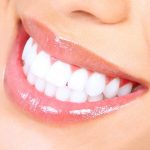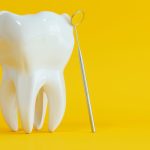Why Does My Teeth Feel Tingly? Common Causes and Remedies Explained
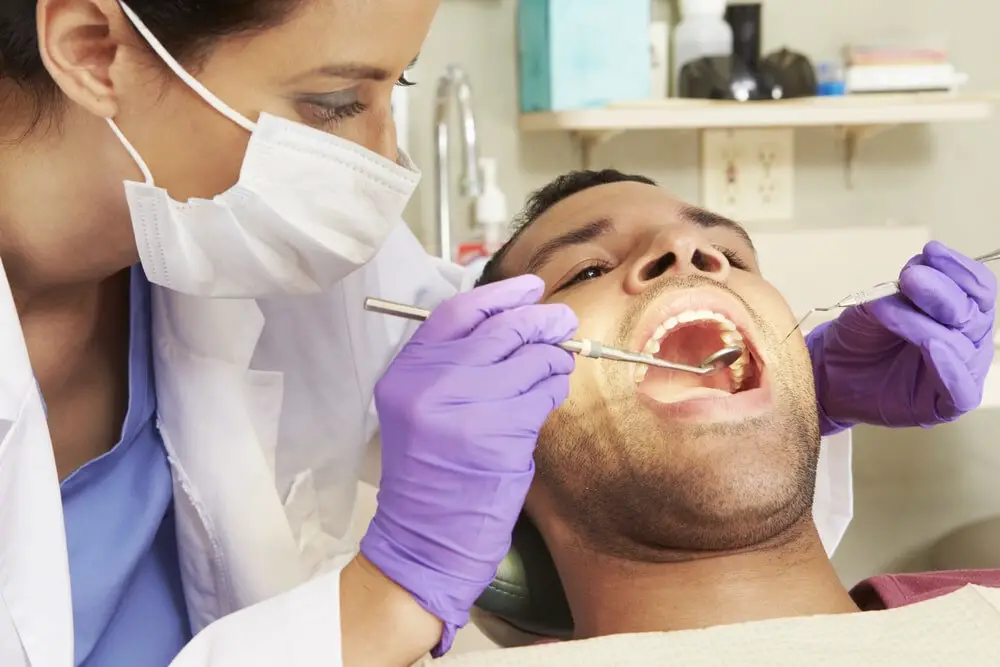
Have you ever experienced a sudden tingly sensation in your teeth? This unpleasant and uncomfortable feeling can be alarming and leave you wondering what could be causing it. While there can be numerous reasons why your teeth feel tingly, it’s essential to understand the common causes and remedies to alleviate the discomfort and prevent any underlying dental problems. One of the most common causes of teeth tingling is teeth sensitivity. Sensitivity occurs when the enamel on your teeth wears down, or your gums recede, exposing the underlying dentin, causing discomfort when exposed to hot or cold temperatures, acidic or sweet foods, or even cold air. However, other underlying dental problems like cavities, cracked teeth, or gum disease can also cause teeth tingling. Understanding the root cause of your teeth tingling is essential to find the right remedy and prevent further damage to your dental health. In this article, we’ll explore the common causes and remedies for teeth tingling, so let’s dive in!
The sensation of tingly teeth is a common problem that many people experience, and it can be quite uncomfortable. This feeling can be described as a pins-and-needles sensation, similar to when your foot falls asleep. The cause of this sensation can vary, but it is often related to dental issues such as tooth decay, gum disease, or teeth grinding. Other possible causes include sensitivity to hot or cold temperatures, sinus problems, or nerve damage. There are several remedies that can help alleviate the discomfort of tingly teeth, such as using a desensitizing toothpaste, avoiding acidic foods and drinks, or wearing a mouthguard to prevent teeth grinding. If the problem persists, it is recommended to visit a dentist to determine the underlying cause and receive appropriate treatment.
Identifying the causes and remedies of any problem is crucial in finding effective solutions. This is especially true when it comes to dental health issues such as tooth sensitivity or tingling. Understanding the root cause of these sensations allows individuals to take appropriate steps to prevent further damage, while identifying the right remedies can help alleviate discomfort and prevent the issue from worsening. By identifying the specific cause of tooth tingling, whether it be due to enamel erosion or gum recession, individuals are empowered to take control of their dental health and take proactive steps to prevent further damage. This can include changes to their diet or oral hygiene routine, or seeking professional treatment from a dentist. Ultimately, identifying the causes and remedies of dental health issues is critical in maintaining a healthy and pain-free smile.
Dental Issues
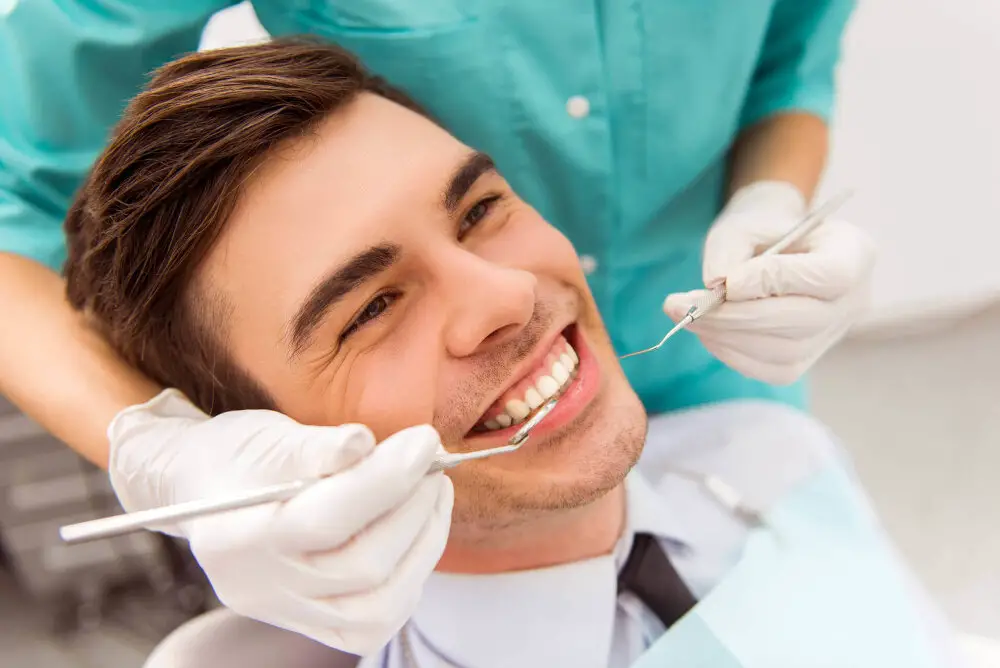
Dental issues can be a major source of discomfort and pain for many people. One of the common dental issues people experience is tooth sensitivity. Tooth sensitivity can be caused by a variety of factors, such as tooth decay, gum recession, or enamel erosion. When the protective layer of enamel on your teeth wears away, it exposes the underlying dentin, which contains tiny nerve endings that can be triggered by hot, cold, sweet, or sour foods and drinks. This can cause a sharp, tingling sensation that can be quite uncomfortable. To prevent tooth sensitivity, it’s important to brush and floss regularly, use a soft-bristled toothbrush, avoid acidic foods and drinks, and visit your dentist regularly for check-ups and cleanings. Another common dental issue is toothache. Toothaches can be caused by a range of factors, such as tooth decay, gum disease, cracked teeth, or abscesses. The pain can be sharp or dull, and can be accompanied by swelling, sensitivity to temperature, and even fever. To relieve toothache pain, it’s important to visit your dentist as soon as possible. In the meantime, you can try over-the-counter pain relievers, such as ibuprofen or acetaminophen, or use a cold compress to reduce swelling. It’s also important to avoid chewing on the affected tooth and to stick to soft, easy-to-chew foods until the pain subsides.
Tooth decay is a common dental problem that occurs when the enamel and dentin of your teeth are destroyed by harmful bacteria in your mouth. Poor oral hygiene, a sugary diet, and dry mouth are some of the common causes of tooth decay and cavities. When left untreated, tooth decay can lead to cavities, which are small holes in your teeth that can cause pain, sensitivity, and discomfort. To prevent tooth decay and cavities, it is essential to practice good oral hygiene habits such as brushing and flossing regularly, using fluoride toothpaste, and limiting sugary foods and drinks. In some cases, tooth decay and cavities may require professional dental treatment, such as fillings or root canals, to restore the health and function of your teeth.
Gum disease, also known as periodontitis, is a common dental problem that affects the gums and bone that hold teeth in place. It is caused by the buildup of bacteria in plaque, which can lead to inflammation and infection of the gums. Symptoms of gum disease include redness, swelling, bleeding, and tenderness of the gums, as well as bad breath and loose teeth. If left untreated, gum disease can lead to tooth loss and other serious health problems such as heart disease and diabetes. Treatment options for gum disease may include scaling and root planing, antibiotics, and surgery in severe cases. Maintaining good oral hygiene habits and visiting the dentist regularly can help prevent gum disease.
Teeth grinding, also known as bruxism, is a common condition in which a person clenches or grinds their teeth unconsciously, often during sleep. This can lead to a variety of uncomfortable symptoms, including a tingling sensation in the teeth and jaw, as well as headaches, jaw pain, and tooth sensitivity. There are many potential causes of bruxism, including stress, anxiety, and misaligned teeth, and it is important to identify the underlying cause in order to develop an effective treatment plan. Some remedies for teeth grinding include stress management techniques, relaxation exercises, and the use of a mouthguard to protect the teeth from further damage.
Fortunately, there are several treatment options available for tingling teeth, depending on the underlying cause. If the tingling is caused by tooth decay or gum disease, the dentist may recommend a deep cleaning or root canal treatment to remove the infected tissue and prevent the spread of the infection. If the tingling is caused by teeth grinding or clenching, a mouthguard may be prescribed to protect the teeth and alleviate pressure on the jaw. In some cases, a change in diet or lifestyle may also be recommended to address nutritional deficiencies or improve oral hygiene. It is important to seek professional advice and treatment to prevent further damage to the teeth and gums and to ensure optimal oral health.
Sensitivity
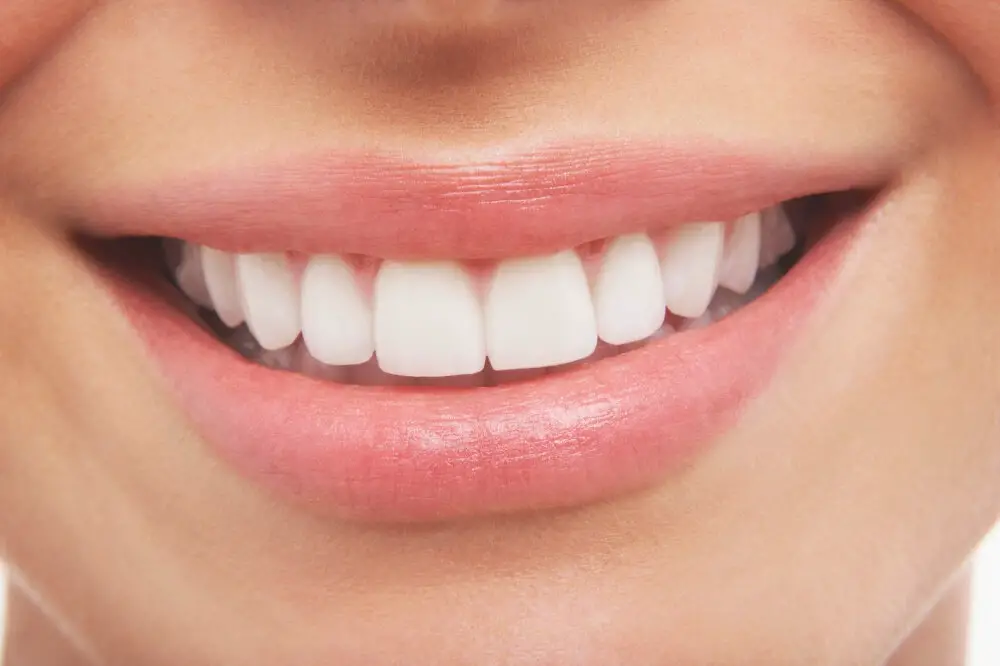
Sensitivity is a common dental problem that affects a significant portion of the population. It is often characterized by a tingling sensation in the teeth, which is triggered by various stimuli such as cold or hot foods, sweet or sour substances, and even air. This condition can be caused by a variety of factors, including gum recession, tooth decay, enamel erosion, and teeth grinding. Individuals who suffer from sensitivity may find it difficult to eat and drink comfortably, and may also experience discomfort when brushing or flossing their teeth. Fortunately, there are several remedies for sensitivity that can help alleviate the symptoms and prevent further damage to the teeth. One of the most common remedies is the use of desensitizing toothpaste, which contains ingredients that help block the nerve signals that cause the tingling sensation. Other remedies include using fluoride treatments, avoiding acidic foods and drinks, and practicing good oral hygiene habits such as brushing and flossing regularly. In some cases, more advanced treatments such as dental bonding or root canal therapy may be necessary to address the underlying causes of sensitivity. By taking proactive steps to address sensitivity, individuals can maintain their oral health and enjoy a more comfortable and enjoyable eating and drinking experience.
Enamel erosion is a common dental problem that occurs due to the loss of enamel, the outer protective layer of the teeth. This can happen due to a variety of reasons, including excessive consumption of acidic foods and drinks, poor oral hygiene, and certain medical conditions. When the enamel erodes, it can cause tooth sensitivity, which may feel like a tingling or shooting sensation in the teeth. In severe cases, enamel erosion can lead to tooth decay, cavities, and even tooth loss. To prevent enamel erosion, it is important to maintain good oral hygiene habits, limit the consumption of acidic foods and drinks, and visit a dentist regularly for check-ups and cleanings.
Excessive brushing is a common cause of tooth sensitivity. Brushing your teeth too hard or using a toothbrush with hard bristles can wear down the enamel and expose the sensitive dentin underneath. This can lead to a tingling or painful sensation when eating or drinking hot, cold, or sweet foods. To prevent further damage, it’s important to use a soft-bristled toothbrush and brush gently in a circular motion. Additionally, using a toothpaste designed for sensitive teeth and avoiding acidic and sugary foods can help alleviate the discomfort. If the tingling sensation persists, it’s best to consult a dentist to rule out any underlying dental conditions.
Acidic foods and drinks can cause tingling sensations in teeth. The acid in these substances can erode the enamel, which is the hard outer layer of the teeth, exposing the sensitive inner layers. Some common acidic foods and drinks include citrus fruits, tomatoes, pickles, wine, coffee, and soda. It’s important to limit the consumption of acidic foods and drinks and rinse the mouth with water after consuming them. Eating cheese or drinking milk can help neutralize the acid in the mouth. Maintaining good oral hygiene practices such as brushing and flossing regularly can also help prevent tooth sensitivity caused by acidic foods and drinks.
Desensitizing toothpaste and mouthwash can be a savior for those who experience tingly sensations in their teeth. The main ingredient in these products is potassium nitrate, which blocks the transmission of pain signals to the nerve endings in the tooth. It works by penetrating through the enamel and forming a protective layer over the dentin, which is the layer that contains the nerves. With regular use of desensitizing toothpaste and mouthwash, the nerve endings become less sensitive over time, reducing the discomfort caused by cold or hot food and drinks. However, it’s important to note that these products only provide temporary relief and should not be used as a substitute for proper dental care.
Medical Conditions
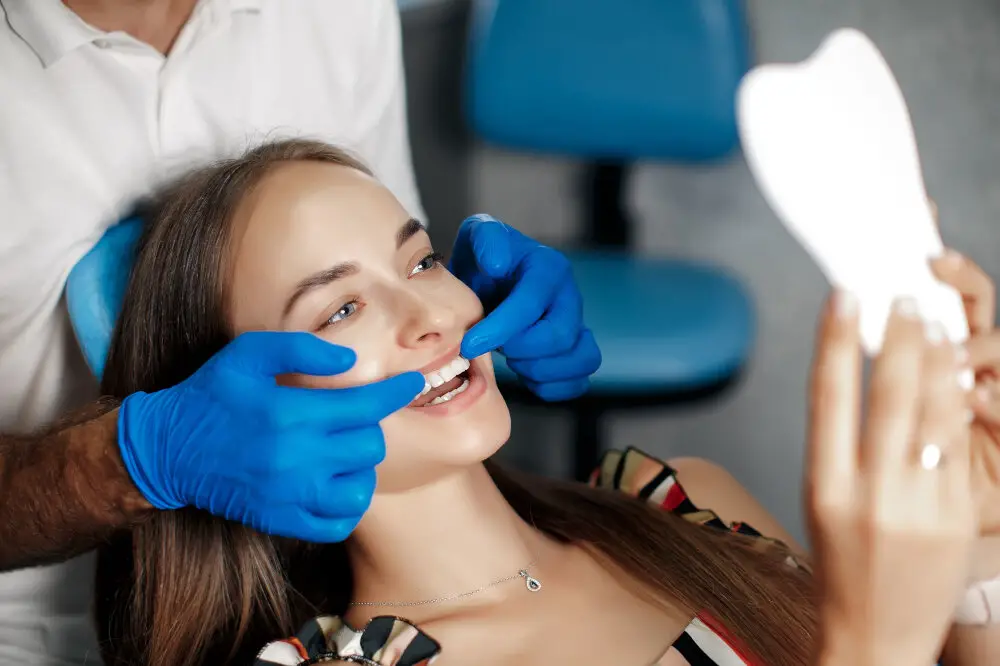
Medical conditions can often be the underlying cause of tingling sensations in the teeth. One such condition is temporomandibular joint disorder (TMD), which affects the joints and muscles used for chewing and speaking. TMD can cause pain, stiffness, and a tingling sensation in the teeth. It can be caused by a variety of factors, including teeth grinding, stress, and injury to the jaw. Treatment for TMD can include physical therapy, medications, and in severe cases, surgery. It is important to consult with a dentist or physician if you suspect you may have TMD. Another medical condition that can cause a tingling sensation in the teeth is trigeminal neuralgia. This is a chronic pain condition that affects the trigeminal nerve, which is responsible for sensation in the face. The pain associated with trigeminal neuralgia can be severe and debilitating, and it can also cause a tingling sensation in the teeth. Treatment for trigeminal neuralgia can include medications, nerve blocks, and in some cases, surgery. It is important to speak with a medical professional if you suspect you may have trigeminal neuralgia, as early treatment can help prevent further complications.
Sinus infections, also known as sinusitis, can cause a tingling sensation in the teeth due to the close proximity of the sinuses to the upper teeth. Sinusitis occurs when the sinuses become inflamed or infected, often due to allergies or a viral or bacterial infection. Along with tooth tingling, sinusitis can cause symptoms such as facial pain or pressure, nasal congestion, headache, and a reduced sense of smell. Treatment for sinusitis may include antibiotics, decongestants, and pain relievers. In some cases, sinus surgery may be necessary to relieve chronic sinusitis symptoms. Proper oral hygiene and avoiding allergens can also help prevent sinus infections and tooth tingling.
Temporomandibular joint (TMJ) disorder is a condition that affects the jaw joint and muscles that control jaw movement. It can cause pain and discomfort in the jaw, face, neck, and ears, as well as difficulty chewing and speaking. Common causes of TMJ disorder include stress, teeth grinding, misaligned teeth, and injury to the jaw. Treatment options include pain medication, physical therapy, and relaxation techniques. In severe cases, surgery may be necessary. If you are experiencing symptoms of TMJ disorder, it is important to seek medical attention to determine the underlying cause and the most appropriate treatment plan for you.
Vitamin deficiencies are one of the most common causes of tingling sensations in the teeth. When the body lacks essential vitamins such as vitamin B12, it can lead to nerve damage and even tooth decay. Vitamin D deficiency can also result in weakened teeth and gums. It is important to maintain a balanced diet and ensure that your body receives the necessary vitamins and nutrients to keep your teeth and gums healthy. If you suspect that your tingling teeth are due to a vitamin deficiency, it is recommended to consult a healthcare professional for further evaluation and treatment options.
There are several treatment options available to alleviate the tingly sensation in your teeth. If the tingly feeling is caused by tooth decay or a cavity, the dentist may recommend a filling or a root canal treatment. In cases where the sensitivity is caused by gum recession, the dentist may suggest a gum graft surgery to cover the exposed roots. Additionally, using desensitizing toothpaste, mouthwash or gels can also provide relief. If the tingly feeling is due to teeth grinding or clenching, a custom-made night guard can be worn to protect the teeth while sleeping. Maintaining good oral hygiene practices such as brushing twice daily, flossing, and regular dental checkups can also help prevent sensitivity and protect the teeth.
Nerve Damage
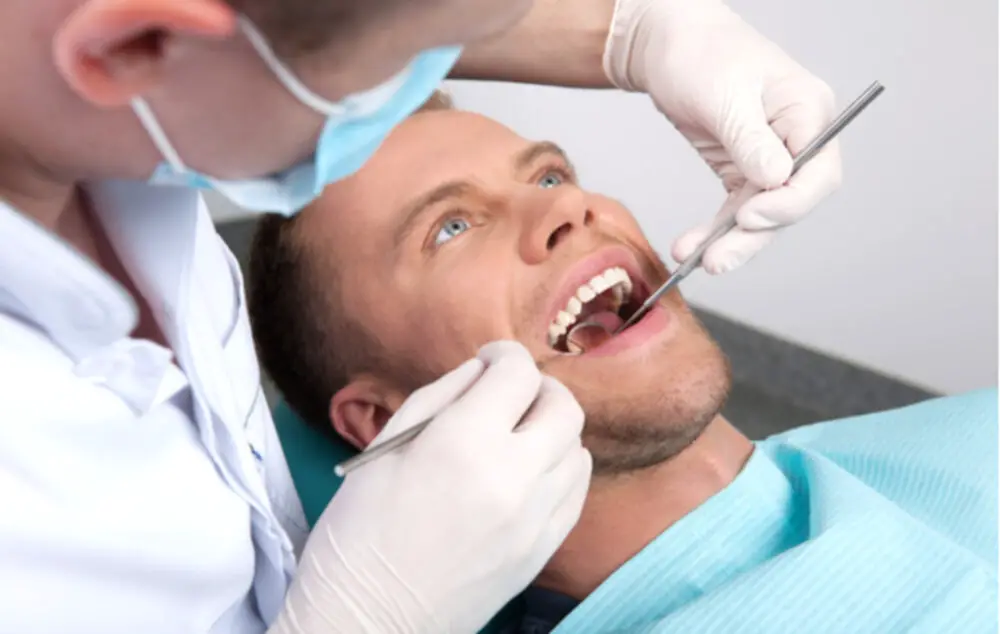
Nerve damage is a common cause of tingling sensations in the teeth. When the nerves in the teeth are damaged, they can send signals to the brain that cause tingling, numbness, or pain. Nerve damage can occur due to a variety of reasons, including trauma, infection, or decay. For example, if a tooth is cracked or broken, it can damage the nerve inside, causing a tingling or numb sensation. Similarly, if a tooth is infected, the swelling can put pressure on the surrounding nerves, leading to a tingling or painful sensation. In some cases, nerve damage can be permanent, and the only way to alleviate the symptoms is through medication or surgery. If you are experiencing tingling sensations in your teeth, it is important to seek medical attention as soon as possible. Your dentist can examine your teeth and determine the underlying cause of your symptoms. Depending on the severity of the nerve damage, your dentist may recommend medication to alleviate the pain or surgery to repair the damaged nerve. In some cases, your dentist may also recommend lifestyle changes, such as avoiding certain foods or drinks, to prevent further damage to your teeth and nerves. With proper treatment and care, you can alleviate the symptoms of nerve damage and restore your overall oral health.
Trauma or injury to the teeth can cause a variety of sensations, including tingling. This can occur due to a number of reasons, such as a blow to the mouth or a dental procedure that has affected the nerve endings in the teeth. The tingling sensation may be accompanied by pain, swelling or sensitivity to hot and cold temperatures. In severe cases, the trauma may lead to nerve damage, which can cause permanent numbness or tingling. It is important to seek dental treatment immediately if you experience any trauma or injury to your teeth to prevent further damage and ensure proper healing.
Dental procedures refer to the various treatments that are performed by dentists to improve the oral health of their patients. These procedures may include routine check-ups, cleanings, fillings, root canals, extractions, and even cosmetic treatments like teeth whitening and veneers. Depending on the severity of the condition, dental procedures can be performed in a single visit or may require multiple visits over a period of time. It is important to maintain good oral hygiene and visit your dentist regularly to prevent the need for more extensive dental procedures in the future. Proper dental care can help alleviate the tingling sensation in your teeth and keep your smile healthy and beautiful.
While tingling teeth may not be a symptom that is often associated with neurological disorders, these types of conditions can have a significant impact on a person’s overall health and well-being. Neurological disorders can affect the brain, spinal cord, and nerves throughout the body, and can result in a wide range of symptoms, including muscle weakness, tremors, difficulty walking, and more. Some common types of neurological disorders include multiple sclerosis, Parkinson’s disease, and epilepsy. These conditions can be caused by a variety of factors, including genetic predisposition, environmental toxins, and physical trauma, and can be difficult to diagnose and treat. If you are experiencing tingling teeth or other unusual symptoms, it is important to consult with a healthcare professional to determine the underlying cause and develop an appropriate treatment plan.
There are several treatment options available for tingling teeth based on the underlying cause of the condition. If the tingling is caused by tooth decay, a filling or root canal treatment may be necessary. If it is due to gum disease, a deep cleaning or scaling and root planing may be recommended. Some individuals may benefit from a custom-made mouthguard to alleviate the effects of teeth grinding or clenching. Additionally, avoiding acidic or sugary foods and practicing good oral hygiene habits such as brushing and flossing regularly can help prevent and alleviate the symptoms of tingling teeth. It is important to consult with a dental professional to determine the best course of treatment for your specific case.
In summary, teeth tingling can be caused by a variety of reasons including tooth decay, gum disease, teeth grinding, and nerve damage. In order to address these issues, it is important to maintain good oral hygiene practices such as brushing and flossing regularly, as well as visiting the dentist for regular check-ups and cleanings. Additionally, wearing a mouthguard at night can help alleviate the effects of teeth grinding. For more serious cases, a dentist may recommend treatments such as fillings, root canals, or gum surgery to address the underlying issues. Overall, maintaining good oral health and seeking professional treatment when necessary can help alleviate the discomfort of teeth tingling and prevent further damage to teeth and gums.
It is essential to seek professional dental and medical advice when experiencing tingling sensations in your teeth. There could be various underlying causes for this, such as tooth decay, gum disease, or even nerve damage. Seeking advice from a dental professional can help diagnose the cause of the tingling sensation and provide appropriate treatment. Ignoring the symptoms can lead to further complications and even tooth loss. Additionally, a medical professional can also help identify any underlying health conditions that may be contributing to the problem. Seeking professional advice can not only alleviate the discomfort but also promote overall oral and systemic health.
If you are experiencing a tingly sensation in your teeth, there are several things you can do to prevent it. One of the most important steps is to maintain good oral hygiene. This includes brushing your teeth twice a day with fluoride toothpaste, flossing daily, and using mouthwash. Additionally, you should avoid consuming acidic foods and drinks, as they can erode the enamel on your teeth and cause sensitivity. If you grind your teeth or clench your jaw, you may also want to consider wearing a mouthguard at night to prevent further damage. Finally, if your tingly teeth sensation persists or worsens, it is important to seek advice from a dental professional, as it may be a sign of a more serious underlying issue.
Conclusion

In conclusion, feeling a tingling sensation in your teeth can be a cause for concern, but it is usually not a serious issue. The most common causes of this sensation include teeth grinding, dental injuries, and nerve damage. Fortunately, there are several remedies available, including mouth guards, relaxing techniques, and medication. It is important to visit a dentist if the tingling persists or is accompanied by pain, as this could indicate a more serious problem. By taking care of your teeth and seeking prompt treatment when necessary, you can keep your teeth healthy and pain-free.
